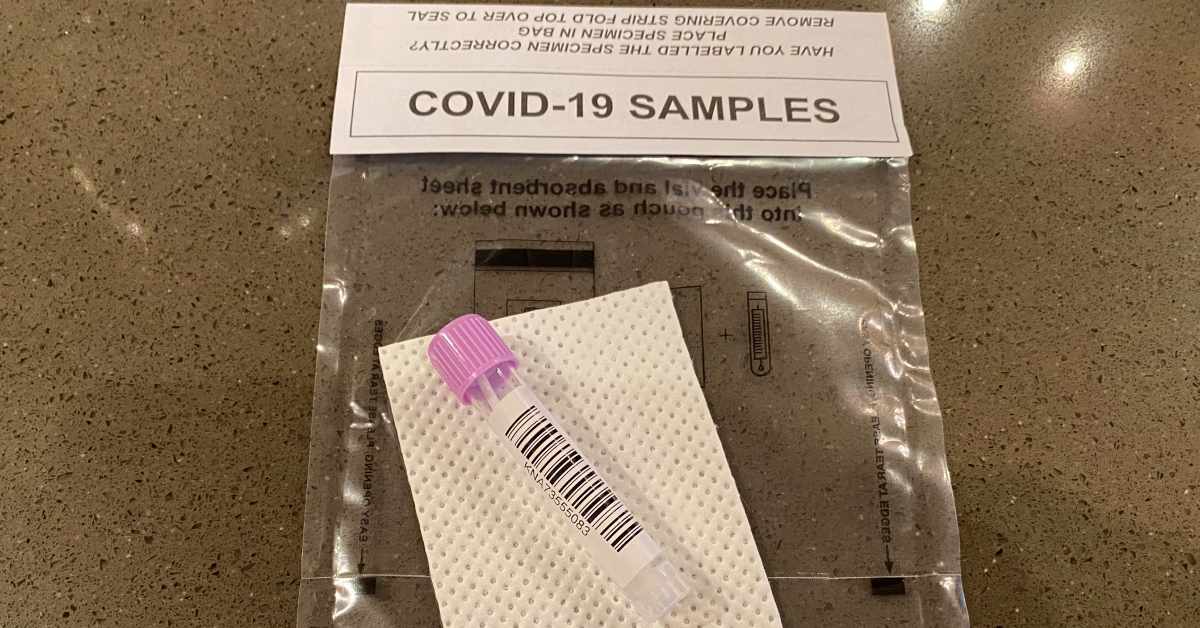Covid infections in the Harrogate district have fallen to their lowest level since June last year.
Latest figures show the district’s weekly infection rate per 100,000 people currently stands at 47. The last time it was below this level was 15 months ago.
The rate is also well below its record of 1,906 in January when the Omicron variant fuelled a huge wave of infections at the peak of winter.
Health experts have predicted there will be a jump in covid and flu infections ahead of this winter, and they are urging anyone who is eligible for an extra vaccine to boost their protection against both illnesses.
The autumn booster campaign began across most of the UK last week, with care home residents being vaccinated first.
The other groups who qualify and will be invited over the coming weeks are:
Adults aged 50 and over
- People aged five to 49 with health conditions that put them at higher risk,
- Pregnant women
- Care home staff
- Front line health and social care workers
- Carers aged 16 to 49
- Household contacts of people with weakened immune systems
Read more:
- Harrogate’s Royal Hall to broadcast Queen’s funeral live
- Work begins to create Harrogate’s first mosque
In Harrogate, some walk-in appointments are available at the Great Yorkshire Showground’s Event Centre, although booking is advised via the NHS website or by calling 119.
North Yorkshire Clinical Commissioning Group (CCG) is running covid vaccinations at the site everyday between 9am and 5pm until Friday.
The CCG said those eligible must be aged 80 and over, or work in health and social care, or were previously shielding.
Meanwhile, Harrogate District Hospital currently has 28 covid-positive patients, although only two of these are primarily receiving treatment for the virus.
The hospital last reported the death of a patient who tested within 28 days on 19 August, with its toll since the pandemic began standing at 274.






